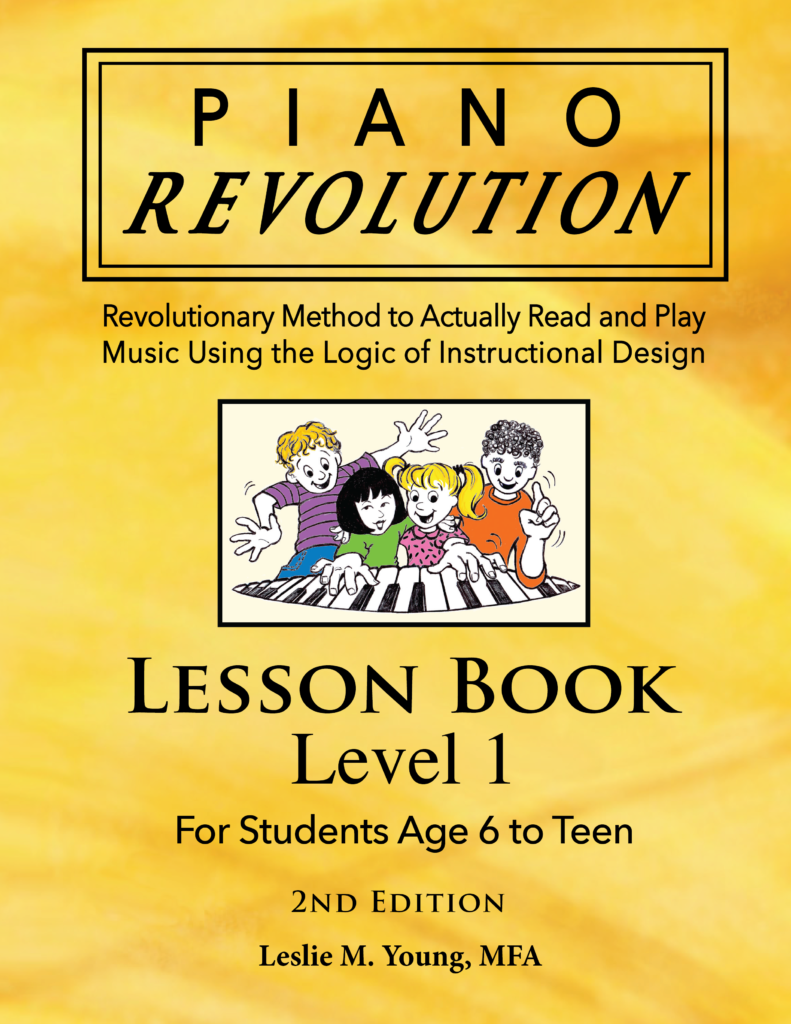Successful Ideas to Motivate More Enthusiastic Piano Practice: Part 4
As the parent or teacher, your encouragement towards intrinsic motivations may be more successful with an understanding of what and how particular things would stimulate the student in piano practice. At the website you will find various factors that affect the performance and interest of students. In the last Part 3, Curiosity and Challenge were covered. Here are some new areas to consider:

- Control: All people, young and older, want to control what happens in their lives and be the one who makes the decisions that affect what happens. Even young students may be given the opportunity to decide if the lesson starts with theory, a keyboard warm-up, or the performing the song; if the teacher plays treble or bass during their duet; if the student warms up by playing right or left hand lines first. Some times it doesn’t matter if the student is assigned the Fun Book page or the Lesson Book page – and the student can be given the choice.
- Recognition: I believe a positive attitude from the teacher/parent is essential for student success. If I have to correct, I try to do it in the most positive way possible and perhaps even start with a compliment. “You played this first line very well; you’ve really got it! Now, this next measure could use some more work. Play it four times in a row – just this one measure. We’ll make sure you have the timing right. Remember, the timing goes like this…” Even though a performance is not perfect, I praise the student for the practicing done that week because it certainly showed! (If that was the case; if not, we may have a chat about the Practice Chart, if it is being used, what rewards could be chosen, etc.). We feel more positive if our efforts are recognized by others – even for piano practice!
- Cooperation: We feel good when we can work together toward a shared goal. With piano lessons, or practicing at home with a parent present, the student’s performance will likely be much better/more correct if a duet is created with the teacher playing one clef and student the other, then swap parts. This way the student has a chance to hear a new song correctly before going it alone during piano practice. Parents who do not read music can sit with the student, perhaps reading or singing the lyrics, or counting aloud with the student. The action of both student and teacher/parent parts being acted together greatly strengthens the concept of correct timing, as well as increases the student’s interest and appreciation of the piece.
- Competition: Competition presents/produces a challenge. For the student who plays a duet with a teacher, this can be seen as a competition: “Can I play ‘as well as’ my teacher? Can I keep up the timing and pace?” Competition goes hand-in-hand with challenge and is very self-rewarding in discovering, “How can I become a better version of myself?” There are, of course, the formal piano competitions; these can be very rewarding for some students but not so much for others. I prefer the personal challenges and personal competitions because they are self-rewarding and build self-esteem.
- Fantasy: Fantasy uses imagination and creativity, musings, and trial and error. Some students enjoy writing their own melody lines or melody with accompaniment, even before formal instruction on writing fundamentals. Some students do not. Teachers can be watchful for student receptiveness to composing (Do they like to spend more time on theory beyond the lesson? Do they often sing without being asked? Do they like to make up short tune fragments or rhymes for lyrics? Giving the opportunity (and staff paper) to write personal compositions stimulates music appreciation and allows the student to realize the “why” of theory in application within his own creation. In this way, the fantasy aspect of composition can really make the piano practice time more rewarding.
Check out Part 1 here
Check out Part 2 here
Check out Part 3 here
What Would the First Lesson for a Young Student Look Like?
What Would the First Lesson for a 6 to Teen Look Like (video)?
View sample pages of all the books for students
ages 6 to teen:
View sample pages of all the books for students
4 to 5 years old:
View sample pages of all the books for older
teens and adults:






